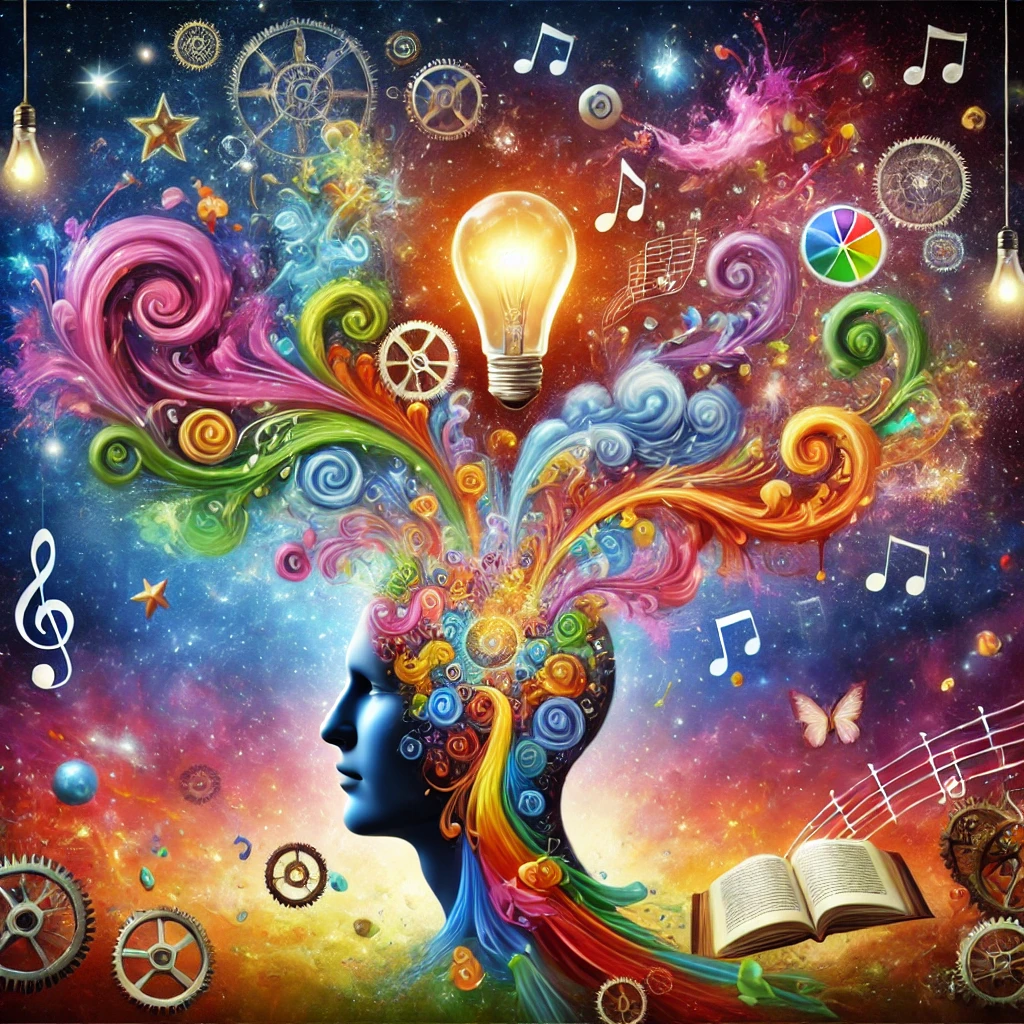by Orion Vale
Artificial Intelligence has long been heralded as a tool to amplify human potential — capable of solving problems, generating art, and even mimicking the subtleties of human thought. Yet, as it becomes more sophisticated and deeply embedded in our creative and intellectual processes, a pressing question arises: Could AI actually weaken our own ingenuity and creativity over time?
This article explores the potential ways in which AI might degrade human innovation, the probability of this occurring, and what it could mean for the future of human expression.
The Erosion of Creative Muscle
Just as overreliance on a calculator can erode basic math skills, dependence on AI may cause humans to gradually lose the “creative muscles” that drive original thought. Here are some ways that could happen:
1. Outsourcing of Thought and Imagination
AI tools are already capable of writing music, painting artwork, and drafting stories, often indistinguishable from human creations. As people grow accustomed to these tools generating ideas and content for them, the act of creating may shift from an imaginative endeavor to a process of prompting and editing. Over time, fewer individuals may develop deep creative skills, opting instead to curate AI outputs rather than create from scratch.
2. Homogenization of Content
AI systems, no matter how advanced, are trained on existing data. They remix and repurpose patterns from the past. While this can be powerful, it can also lead to a saturation of content that lacks originality or edge. If AI becomes the dominant source of new media, literature, or design, we risk entering an era of creative stagnation where novelty becomes rare and innovation fades into formula.
3. Decline in Problem-Solving Grit
True ingenuity often arises from grappling with difficult problems, repeated failure, and unexpected discoveries. If AI provides quick solutions or does the heavy intellectual lifting, people may lose the patience and resilience needed for breakthrough thinking. As a result, we might become less willing to engage in deep, uncertain, or messy processes — the very processes that fuel real innovation.
4. Dependency on Predictive Systems
Many AI models are designed to optimize decisions based on probabilities and trends. While this is useful for forecasting or efficiency, it can discourage risk-taking — a crucial ingredient of creativity. If society leans too heavily on predictive AI, we may start avoiding the unpredictable paths that lead to disruptive, paradigm-shifting ideas.
How Likely Is This Future?
While the risks are real, the degradation of creativity is not inevitable. The probability depends on several factors:
- Cultural Values: If society continues to value originality, craftsmanship, and human expression, there will be strong motivation to keep creativity alive. However, if speed and convenience become dominant priorities, shortcuts through AI may become the norm.
- Educational Trends: Education systems that prioritize curiosity, problem-solving, and hands-on creation can preserve and nurture human creativity, even in an AI-rich environment.
- Tool vs. Replacement Mentality: If AI is used as a tool to inspire and extend human creativity — rather than replace it — it can become a collaborator rather than a crutch. Artists, writers, and thinkers who use AI to push boundaries rather than settle into comfort zones may even spark new creative revolutions.
Preserving the Spark: A Call for Balance
AI will undoubtedly change how we create and think. But the challenge is not AI itself — it’s how we choose to engage with it. Creativity is not just a product; it’s a process of exploration, risk, and emotional depth. These are things machines can simulate, but not fully experience.
To avoid a future where AI dulls the edge of human imagination, we must design systems, institutions, and cultures that challenge people to think boldly, create fearlessly, and remain intellectually active. AI can be a partner in that journey — but we must remain the ones steering the ship.
In the end, the preservation of ingenuity is less about resisting AI and more about remembering what it means to be human.
Orion Vale is a writer and thought explorer focused on the future of technology and its effects on human potential.
